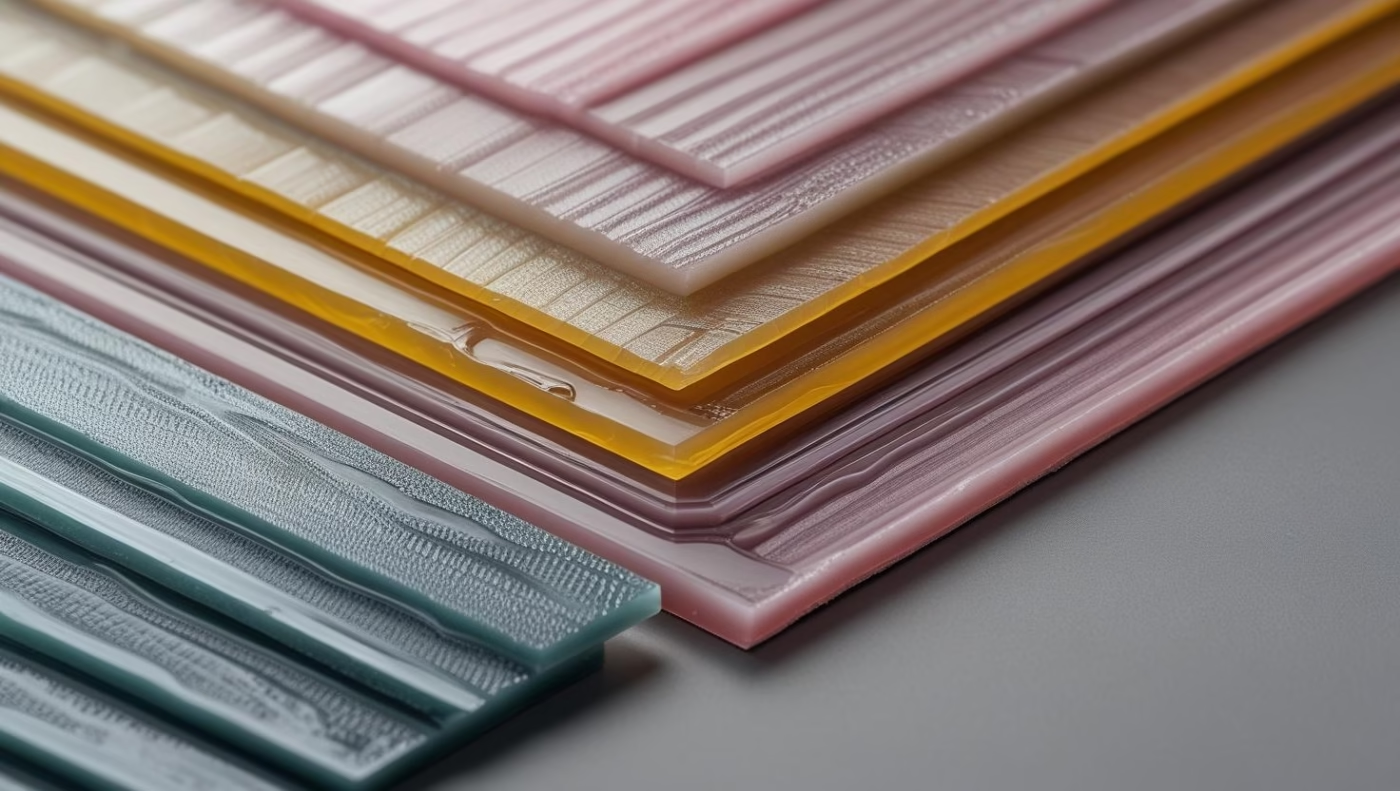Have you ever wondered what SMC Resins are and why they are so popular across industries like automotive, construction, and electronics? This blog covers everything you need to know about SMC Resins—including their benefits, applications, and manufacturing process.
SMC Resins (Sheet Molding Compound Resins) are innovative composite materials that are gaining popularity. They are known for their high strength, lightweight structure, and cost-effective production. These thermoset resins are widely used in various industries that demand durability and design flexibility.
In this blog, we’ll explain why SMC Resins are essential, where they are used, and how they are manufactured.
What Are SMC Resins and Why Are They Important?
SMC Resins—also known as Sheet Molding Compound—are advanced thermoset resins used in the production of strong, lightweight, and durable parts. They are created by combining polyester resin, lightweight composite materials, fillers, and glass fibers.
Industries prefer SMC Resins because of their excellent moldability and superior mechanical properties. This makes them ideal for creating parts with complex designs. Moreover, they are highly resistant to corrosion, heat, and chemicals.
Their use is widespread across automotive, construction, and electrical industries, thanks to their ability to replace traditional metals while maintaining strength and reducing weight.
Key Benefits of SMC Resins
Here’s why SMC Resins are widely used today:
1. Exceptional Strength
SMC Resins offer excellent mechanical strength, making them ideal for load-bearing parts in various industries.
2. Lightweight Performance
These resins are classified as lightweight composite materials, allowing manufacturers to reduce the overall weight of parts without compromising durability.
3. Excellent Corrosion Resistance
SMC Resins outperform metals in harsh environments as they don’t rust or degrade easily.
4. Heat and Flame Resistance
Being thermoset resins, they retain their shape and properties even at high temperatures.
5. Easy Molding & Design Freedom
Their flexibility during compression molding allows manufacturers to produce parts with complex shapes and fine details.
6. Cost-Effective Manufacturing
Fast production cycles and fewer material requirements make SMC Resins a cost-efficient option for mass production.
Top Applications of SMC Resins Across Industries
SMC Resins are versatile and used across many industries. Here are some common applications:
1. Automotive Composites
In the automotive sector, SMC Resins are essential for making lightweight and durable parts such as bumpers, hoods, and trunk lids. They help improve fuel efficiency by reducing vehicle weight.
2. Electrical Insulation Resins
SMC Resins are widely used for electrical components. Their excellent insulating properties make them perfect for switchgear, junction boxes, and enclosures that need high electrical resistance.
3. Construction Components
The construction industry uses these materials for wall panels, manhole covers, and roofing products. Their resistance to corrosion and weather makes them ideal for outdoor applications.
4. Aerospace Industry
In aerospace applications, SMC Resins offer the needed balance between lightweight design and strength, often replacing metal parts.
5. Consumer Goods
Their durability and design flexibility also make them suitable for products like furniture, appliance housings, and recreational equipment.
How Are SMC Resins Manufactured? A Quick Look Inside
The production of SMC Resins involves several precise steps that ensure high-quality results:
Step 1: Mixing the Resin Paste
Polyester resin is blended with fillers, pigments, and other additives to form a thick paste.
Step 2: Reinforcement with Fibers
Chopped glass fibers are added to the paste to strengthen the resin.
Step 3: Sheet Formation
This fiber-resin mixture is spread onto a film, creating a continuous sheet molding compound.
Step 4: Maturation Process
The sheet is stored for a few days to thicken and improve its molding properties.
Step 5: Compression Molding
During the final stage, the SMC sheet is placed into a heated mold. Compression molding applies pressure and heat, shaping the resin into the desired part.
This process allows for high-volume production with minimal waste.
Why SMC Resins Are Gaining Popularity
The growing preference for SMC Resins stems from several factors:
- Sustainability: By reducing metal use, they help decrease carbon emissions in industries like automotive and construction.
- Durability: Their long service life reduces replacement and repair costs.
- Versatility: Used in everything from automotive composites to electrical insulation resins, they serve multiple purposes.
- Cost Savings: With shorter production times and lower raw material costs, manufacturers save money.
Their combination of performance, affordability, and design flexibility makes them an ideal material for many applications.
Conclusion: Are SMC Resins Right for Your Industry?
With their superior strength, lightweight, and resistance to heat and corrosion, SMC Resins offer an ideal solution for industries aiming to replace traditional materials without sacrificing quality.
Their use in automotive composites, electrical insulation resins, and lightweight composite materials proves their versatility. Furthermore, thanks to efficient compression molding processes, they are also cost-effective.
If your business needs strong, lightweight, and durable materials, exploring SMC Resins could provide the competitive edge you’re looking for.
Summary at a Glance:
- SMC Resins (Sheet Molding Compound) offer lightweight, high-strength solutions.
- They are excellent for industries like automotive, electrical, aerospace, and construction.
- Benefits include corrosion resistance, heat stability, and cost-effectiveness.
- Manufactured using a streamlined compression molding process.
- Coil Coating Resin: Powering Durable Finishes Across Construction and Infrastructure
- Why Unsaturated Polyester Resin Dominates Composite Manufacturing?
- High Temperature Silicone Epoxy Resin for Extreme Heat Applications
- Why Wood Coating Resin Defines Modern Surface Protection?
- Filament Winding Resin Application in High-Strength Composite Structures
COMPANY INFO
Website: www.crestresins.com
Phone: +91 9879233188
Email: enquiry@crestresins.com
Address: 605/A, 6th Floor, Tower D, Times Square Grand Office, Sindhubhavan Marg, Near Taj Hotel, Ahmedabad, Gujarat - 380059

